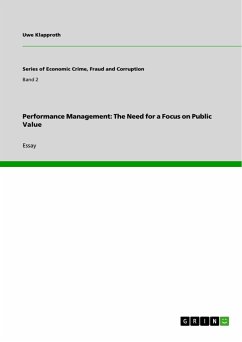Research Paper (undergraduate) from the year 2019 in the subject Business economics - Business Management, Corporate Governance, grade: A+, University of Nairobi (Main Campus), course: International Business, language: English, abstract: There are a number of key principles of microfinance regulations. However, empirical research indicates that some key principles such as governance, and capital adequacy should be the main focus of the microfinance regulation and supervision. CGAP (2012) developed the Consensus guideline for the supervision and regulation of the microfinance institutions (MFIs). CGAP indicated that the MFIs should have a higher capital adequacy ratios as compared to the commercial banks since the microloans issued by the MFIs have insufficient security and the borrowers main motivation to repay the loans is the expectation that they would receive more loans. The MFIs are at a higher risk of loan delinquency contagion that can lead to a significant increase in thede-capitalization. Berger agreed with the above view by stating that MFIs need to have minimum capital adequacy as a means of helping the organizations to overcome the volatilities. The researcher thus concurs that capital adequacy should be a key principle in the regulation and supervision of the MFIs due to the volatilities associated with low collateral quality in the MFI loans, and increased risk of loan repayment delinquency. However, the principle should only apply to the MFIs that offer uncollateralized loans or in the cases where the security is not adequate to effectively cover the loan.








